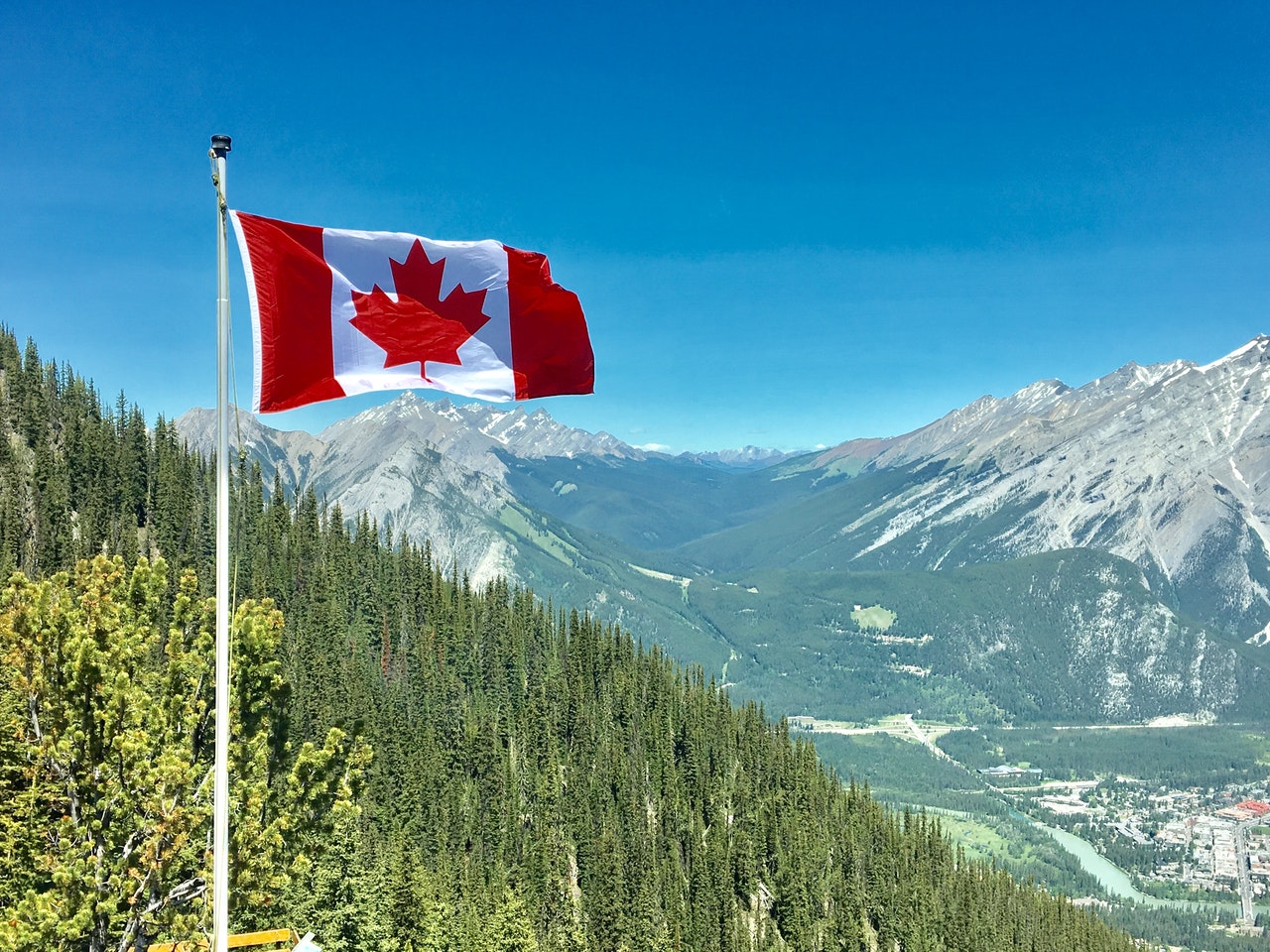Land ownership in Nigeria offers big opportunities, but it can be tricky. You need to be careful when buying property. Land scams and legal fights happen often. This guide gives you tips to protect your money and make buying land easier.
You’ll learn how to check land titles and lower risks. That way, you can make smart choices and secure your investment in Nigerian land.
Understanding Land Ownership in Nigeria
Different types of land ownership exist in Nigeria. Each type affects your rights and what you can do with the land. It is important to understand what you’re getting into.
Types of Land Tenure Systems
Nigeria has three main land tenure systems. They are customary, statutory, and state-owned. Customary land belongs to communities or families. Statutory land is governed by laws. State-owned land belongs to the government. Each system has different rules for ownership and transfer.
For example, customary land might need the community’s permission to sell. Statutory land usually requires government registration. State-owned land often involves leases. Understanding these differences is a must.
The Land Use Act of 1978
The Land Use Act of 1978 is a key law. It affects land ownership in Nigeria. The act says the government controls all land. People can get rights to use the land, but not own it outright. Many people don’t understand this law fully. It’s important to know that you get a “right of occupancy.” This gives you usage rights for a set time.
Importance of Due Diligence
Not doing your homework can cost you big. You could lose money or get stuck in legal battles. Land disputes happen often in Nigeria. People might sell land they don’t own. Or, the land might have hidden problems. Checking everything carefully helps you avoid these issues. Due diligence protects your investment.
Essential Steps for Conducting Land Due Diligence
Due diligence involves several important steps. These steps help you verify the land’s status and avoid problems. Here’s what you need to do:
Title Search at the Land Registry
Start by searching for the title at the Land Registry. This office keeps records of land ownership. You’ll need documents like the land’s location and seller’s details. Look for things like previous owners or legal issues. Make sure the seller is the real owner. This search protects you from fraud.
Physical Inspection of the Land
Always visit the land yourself. Check the boundaries and look for any problems. Are there any buildings or structures on the land that shouldn’t be? Are there any signs of disputes with neighbors? These checks help you spot potential issues early. It is a really smart move to take a look yourself.
Engaging a Surveyor
Hire a surveyor to verify the land’s boundaries. A surveyor will create a survey plan. This plan shows the exact size and location of the land. Make sure to use a licensed surveyor. Their expertise ensures accuracy and prevents boundary disputes later.
Verifying Land Title and Documentation
Checking the land documents is essential. You need to be sure they’re real and valid. Look for these things:
Checking for Government Approval
Make sure the government approved the land allocation and development. Contact the relevant government agencies. Agencies like the Ministry of Lands can confirm approvals. Without government approval, your land deal might be illegal.
Confirming Certificate of Occupancy (C of O)
The Certificate of Occupancy (C of O) is a vital document. It proves the right to occupy the land for a set time. Verify its authenticity with the Land Registry. Check for any fake or expired C of Os. A valid C of O gives you secure usage rights.
Scrutinizing Land Agreements and Deeds
Carefully read land agreements and deeds. These documents outline the terms of the sale. Look for key clauses about payment, ownership transfer, and responsibilities. Get a lawyer to review these documents too. They can spot any unfair or risky terms.
Mitigating Risks and Avoiding Land Scams
Land scams are common in Nigeria. Here’s how to lower your risk and avoid trouble.
Conducting Background Checks on the Seller
Check the seller’s background. Are they who they say they are? Do they have a history of land disputes? Verify their identity and ownership claims. This helps you avoid dealing with fraudsters.
Seeking Legal Advice from a Real Estate Lawyer
A real estate lawyer can provide invaluable advice. They can review documents, conduct searches, and advise you on legal issues. Engaging a lawyer protects your interests and ensures a smooth transaction. It’s better to be safe than sorry!
Understanding Community Involvement
Community involvement matters. Sometimes, communities claim ownership of land. Talk to community leaders and understand their claims. Ignoring them can lead to disputes later.
The Role of Technology in Land Due Diligence
Technology can help with due diligence. It makes the process faster and more efficient. Let’s explore how:
Online Land Registries and Databases
Some states have online land registries. These databases allow you to conduct preliminary searches. You can check ownership details and land records online. But remember, online resources may not be complete. Always verify information offline too.
GIS and Mapping Tools
GIS (Geographic Information System) tools can show land boundaries visually. They help identify potential issues like overlapping claims. Mapping tools provide a clear picture of the land’s location and surroundings.
Mobile Apps for Land Verification
Some mobile apps help with land verification. They allow you to collect data and verify information on-site. Be careful though! Check how reliable and accurate these apps are before trusting them.
Conclusion: Securing Your Land Investment in Nigeria
Buying land in Nigeria requires careful work. Understand land laws, do thorough due diligence, and verify titles. Lower your risks, and seek advice from experts. Investing in Nigerian land can pay off. Just be sure to take the right steps.

ABOUT THE AUTHOR
AdHang is a top Real Estate Digital Marketing Agency located in Nigeria, with over 15 years of experience in digital marketing in Africa. The agency has helped many companies across the globe to reach millions of target clients and prospects via the Internet.







